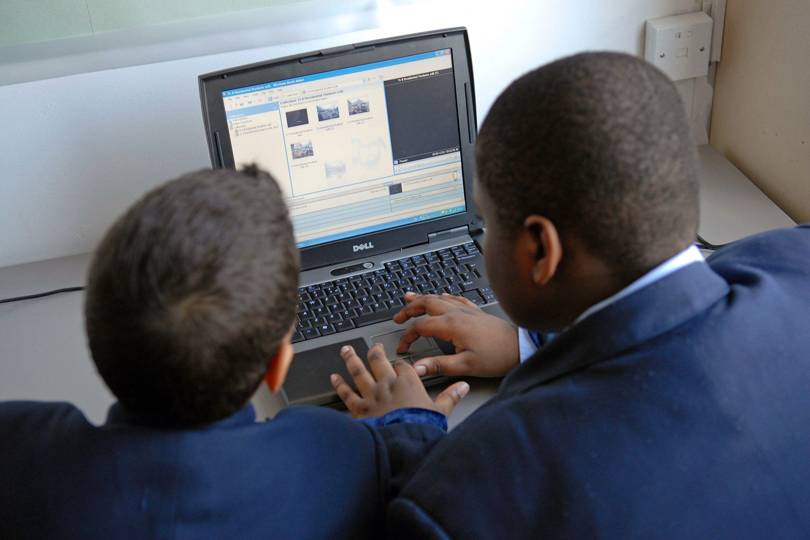
Net monitor children free#
We focus on a sample of children in 7th and 8th grade who received free computers and 12 months of free internet subscriptions through Chile’s “ Yo Elijo mi PC” (YEMPC) programme in 2013. It is also closely related to research in psychology on how different schedules of reinforcement affect behaviour (Ferster and Skinner 1957).

This was inspired by research in neuroscience that suggests that human responses may be related to the predictability or novelty of the stimuli (Parkin 1997, Berns et al. To this end, we designed our interventions to separate the informational content from the cue associated with the SMS messages, and attempted to vary the strength or salience of the cues by randomly assigning whether parents received messages in a predictable or unpredictable fashion.
Net monitor children install#
Encouraging parents to install parental control software can help parents bypass the need to incentivise their children or enforce rules related to computer use, assuming that parents are able to install and operate such parental control software.Īs part of this study, we also sought to understand how and why the provision of information affects behaviour. Providing parents with information about their children’s internet use should help alleviate informational frictions. We designed and implemented a set of randomised interventions to test the impact of sending parents weekly SMS messages containing specific information about their children’s recent internet use and/or encouragement and assistance with installing parental control software. In these cases, parents may wish for the possibility of controlling their children’s actions directly. Second, even with perfect information, parents may not be able to influence their children’s actions through indirect transfers and threats (Weinberg 2001, Berry 2015). Children are often quicker to adapt to new technologies and parents therefore encounter challenges in understanding how children use technology. First, parents may lack information about their children’s internet use. In a recent study, we examine two factors that may affect parents’ ability to monitor their children’s internet use (Gallego et al. Indeed, Malamud and Pop-Eleches (2011) found that parental rules for homework and computer use attenuated the negative effects of computer ownership, suggesting that parental monitoring and supervision may be an important mediating factor. Given that computers represent such a versatile technology, the potential risks and benefits of computer use are likely to depend on parental involvement. Others, based on quasi-experimental methods in Romania and the US, even find negative effects (Malamud and Pop-Eleches 2011, Vigdor et al. Some, based on randomised control trials in Peru and the US find null effects (Fairlie and Robinson 2013, Beuermann et al.

A growing number of studies indicate that simply providing children with access to home computers and internet does not improve academic achievement.


 0 kommentar(er)
0 kommentar(er)
